The Artificial Intelligence’s Influence in Digital Marketing

This blog post delves into the expanding role of AI in digital marketing, examining how it’s used, the advantages it brings, and the exciting possibilities it holds for the industry’s future.
Artificial Intelligence (AI) and Digital Marketing

AI in digital marketing can be deployed across multiple facets of the marketing process, including content creation, customer segmentation, Personalisation, social media management, ad campaign Optimisation, email marketing automation, SEO enhancement, and more. AI-powered tools and algorithms have the capacity to scrutinize data related to user behaviour, preferences, and demographics. This information is then leveraged to provide tailored user experiences, refine marketing campaigns, automate repetitive tasks, and ultimately enhance overall marketing performance.
In essence, AI in digital marketing empowers organizations to capitalize on data-driven insights, streamline tasks through automation, and provide Personalised experiences. This approach not only elevates marketing efforts but also leads to improved customer experiences and superior marketing outcomes.
How Do Companies Use AI in Digital Marketing?

In social media marketing, AI plays a crucial role by analyzing interactions and data to refine marketing strategies. Predictive analytics powered by AI assists in forecasting future trends and customer behaviour, aiding in targeted marketing efforts. Additionally, AI-driven chatbots and virtual assistants offer real-time customer support, elevating customer engagement and satisfaction. All these applications illustrate how AI has become an indispensable tool in the realm of digital marketing, enhancing marketing strategies and customer experiences.
AI is revolutionizing digital marketing in numerous ways:
1. Personalised Content: AI algorithms analyse user data to deliver Personalised content, including emails, product recommendations, and website content, boosting engagement and conversions.
2. Chatbots and Virtual Assistants: AI-driven chatbots and virtual assistants automate customer interactions, offering instant responses, enhancing customer service, and improving the user experience.
3. Predictive Analytics: AI identifies patterns and trends in vast data sets, enabling predictive insights into customer behaviour and market trends, aiding data-driven decision-making.
4. Ad Campaign Optimisation: AI optimises digital ad campaigns by analyzing user data, ensuring targeted ads reach the right audience, optimising ad spend, and enhancing performance.
5. Content Creation: AI generates relevant and engaging content, such as blog posts, social media content, and product descriptions, using natural language processing and machine learning.
6. Social Media Management: AI analyses social media data, informing content scheduling, sentiment analysis, and ad targeting, thereby enhancing social media marketing strategies.
7. Voice Search Optimisation: With the rise of voice assistants, AI optimises websites and content for voice search, improving user experiences and search rankings.
8. Customer Segmentation: AI segments customers based on behaviour, preferences, and demographics for targeted marketing campaigns, resulting in Personalised offers and promotions.
9. Email Marketing Automation: AI automates Personalised email campaigns, improving open and click-through rates.
10. SEO Optimisation: AI analyses user behaviour, search trends, and website performance for effective SEO strategies, including keyword research, on-page Optimisation, and content enhancements.
By harnessing AI, companies make data-driven decisions, deliver superior customer experiences, and achieve enhanced marketing outcomes, driving business growth and success.
The Future of AI in Digital Marketing: Trends to Watch

The future of AI in digital marketing holds exciting developments. Here are four trends we can anticipate:
Voice Search Optimisation: With the increasing popularity of voice assistants like Alexa and Siri, businesses will need to adapt their digital content to cater to voice search queries, transforming the way consumers find and buy products online.
Visual Search: AI-powered visual search tools will empower users to search for products using images, revolutionizing how consumers discover and make online purchases.
Hyper-Personalisation: AI will continue to advance its capability to create hyper-Personalised experiences, ensuring that every interaction feels tailor-made for the individual, enhancing customer engagement and loyalty.
Ethical Considerations: As AI becomes more integrated into marketing strategies, companies will face ethical considerations regarding data usage and privacy, necessitating responsible and transparent AI practices.
AI’s integration into digital marketing is not a distant prospect; it’s already reshaping the marketing landscape. AI-driven strategies enhance automation, elevate Personalisation, and pave the way for a future where data-driven decisions are the norm. Whether it’s trend prediction, task automation, or Personalised experiences, AI’s impact on digital marketing is profound and ongoing.





